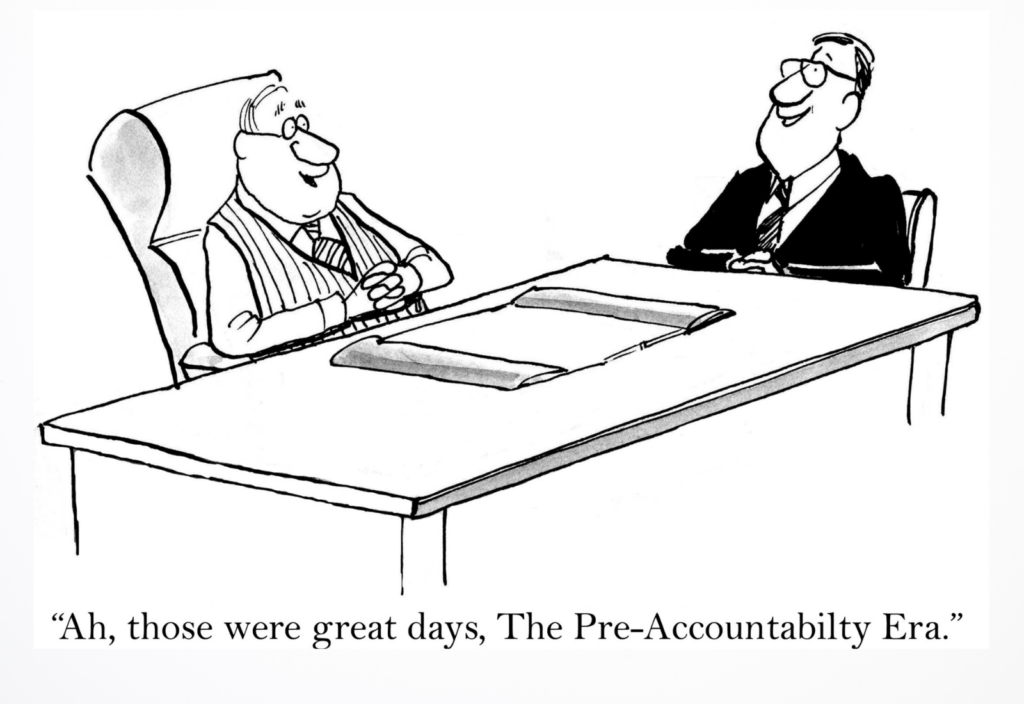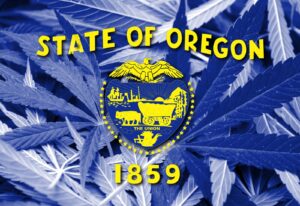The Drug Enforcement Administration (DEA) issued an interim final rule on hemp (“DEA hemp rule” or “rule”) on August 20, 2020. As per the DEA’s own executive summary, the rule “merely conforms DEA’s regulations to the statutory amendments to the [Controlled Substances Act (CSA)] that have already taken effect, and it does not add additional requirements to the regulations.” Yet, as we warned in 2020, this DEA rule creates perils for the hemp derivative industry.
The dangers presented by the DEA hemp rule stem from the 2018 Farm Bill’s failure to explicitly cover hemp processing, which we discussed in Federal Policy on Hemp CBD Is Taking Shape: What Needs to Be Addressed? As many of our readers will know, the 2018 Farm Bill defines hemp as cannabis with a THC concentration of not more than 0.3 percent on a dry weight basis. The 2018 Farm Bill also defines hemp to include all derivatives, extracts, and cannabinoids of hemp.
It is undeniable that the hemp plant and hemp derivatives, extracts, and cannabinoids are no longer controlled substances. It would then logically follow that it is legal to process the hemp plant into legal derivatives, extracts, and cannabinoids. What’s the issue then?
In order to separate cannabinoids from hemp, hemp plant material must go through an extraction process. This extraction process almost certainly results in a temporary increase in delta-9 THC. As cannabinoids are isolated it is nearly impossible to prevent the levels of delta-9 THC from increasing through that process. This means that under the DEA’s interim final rule, the processor would be in possession of a Schedule I substance, even if the processor dilutes the end product down to the requisite level of 0.3% THC or destroys any byproduct with levels above the legal threshold.
The 2018 Farm Bill specifically mentions hemp derivatives, extracts, and cannabinoids. It follows then that the legislative intent was not to make processing hemp into extracts, derivatives, and cannabinoids a violation of the Controlled Substances Act. The DEA either unintentionally or deliberately failed to account for this nuance in the hemp rule (perhaps, as we suggested back in 2020) as part of an effort by the DEA to maintain its authority over cannabis. Regardless of the DEA’s intent behind the hemp rule, it creates criminal risks for anyone who processes hemp.
1. Challenging the DEA hemp rule
A lawsuit brought by the Hemp Industries Association (HIA) challenged the legality of the DEA hemp rule on several grounds. That lawsuit is currently on appeal in the D.C. Circuit. According to HIA, the interim final rule is “arbitrary and capricious or otherwise contrary to law for two reasons.”
The first allegation made by the plaintiffs in that lawsuit concerns the treaty obligations of the United States. One of the things the interim final rule does is remove “approved cannabidiol drugs” from the CSA’s Schedule V. Yet a couple of years earlier, the DEA noted that such action “would make it impossible for the United States to comply with its obligations under the Single Convention [on Narcotic Drugs].” As the interim final rule did not square the circle with regard to compliance with the Single Convention, the plaintiffs argued that it is “arbitrary or capricious or otherwise contrary to law.”
Second, HIA alleges that, through the interim final rule, the DEA sought to assert regulatory powers over natural tetrahydrocannabinols and hemp extracts, which authority the DEA had previously recognized it lacks. According to HIA, the DEA did this “without pointing to any language in the 2018 Farm Bill supporting either claim and without offering any basis for believing that Congress intended the 2018 Farm Bill to overrule” two Ninth Circuit decisions that had held that the DEA could not place natural tetrahydrocannabinols in Schedule I without following certain procedures established by federal law.
The lawsuit also challenged the DEA hemp rule on account of certain procedural deficiencies in its promulgation. According to the Administrative Procedures Act (APA), government agencies must give notice of proposed rule-making not less than 30 days before its effective date. This was not the case with the DEA hemp rule, which was effective immediately. Though the APA allows agencies to dispense with the 30-day requirement upon a showing of good cause, HIA argues that DEA did not make such a showing.
In addition, the APA requires that interested persons be given an opportunity to participate in the rulemaking. Again, HIA alleges that the DEA did not show good cause for denying the public an opportunity to comment prior to the effective date of the DEA hemp rule. The DEA itself conceded that it neglected to “afford interested parties a reasonable opportunity to participate in the rulemaking process.” Perhaps, if the DEA had afforded interested parties that opportunity, hemp industry stakeholders could have pointed to the potential risks faced by extractors, and, perhaps, the DEA could have clarified the rule accordingly.
Finally, HIA argued that the DEA hemp rule was issued in violation of the Federal Vacancies Reform Act (FVRA). Specifically, HIA alleged that Timothy J. Shea, who as Acting DEA Administrator promulgated the rule, was not eligible to serve in that capacity under the FVRA. HIA also alleged that even if Shea had at one point been eligible to serve as the DEA’s Acting Administrator, his tenure exceeded the legal limit established for a federal office to be held in an acting capacity. The saga at hand is a perfect example of why we have rules pertaining to officials in an acting capacity. A confirmation hearing allows citizens, through their elected representatives, to question would-be office holders regarding their views on particular subjects, and ultimately vote against their confirmation if they find those views problematic.
The case it still making its way through the appellate process. If the D.C. Circuit sides with HIA and strikes down the DEA hemp rule, this will be good news for hemp industry participants, who face the perils we discussed back in 2020. Yet there is a lot more at stake in this case, with implications not just for the hemp industry, but for the entire citizenry.
2. Not just a hemp thing, but a matter of good governance
It should go without saying that arbitrary and capricious government action is undesirable, and contrary to good governance. However, far too many Americans assume that arbitrariness and capriciousness are rare within their government. Unfortunately, this is not the case. Take it from a former federal bureaucrat (me): This goes far beyond the DEA hemp rule.
When a government agency says “A” one day and “B” another day, without explaining its change in reasoning, citizens must hold that agency to account. This in part is a practical exercise — a functioning society requires clear guidelines. It is also a civic duty, as oversight by citizens is a necessary component of the democratic system. But there is an even more compelling reason for citizens to keep their government agencies honest. When agencies behave arbitrarily and capriciously, people lose faith in them. That leads us down a slippery path.
Similarly, when government agencies do not follow the rules, citizens must demand that they comply. It may be the case that certain laws make no sense: Perhaps the country would be better off if the FVRA and APA (or for that matter the CSA) were amended or even entirely derogated. But that is not for the DEA or any government agency to decide. Again, such disregard for the law by government actors can have pernicious consequences. If those tasked with enforcing laws do not follow laws themselves, then why should average Joes?
At a more fundamental level, the FVRA, APA, CSA and 2018 Farm Bill are the product of legislative processes carried out by the elected representatives of the people. When unelected officials (in this case, the DEA) disregard those laws, they are acting without the consent of the governed. Okay, you might say, I read the Declaration of Independence as well, but who really cares if an acting DEA administrator is there for 210 or 211 days? Well, one day it is the arcane provisions of the FVRA, but the next day it could be something far more serious. The DEA hemp rule, and the challenge to it, are important to everyone– not just to the hemp industry.

























